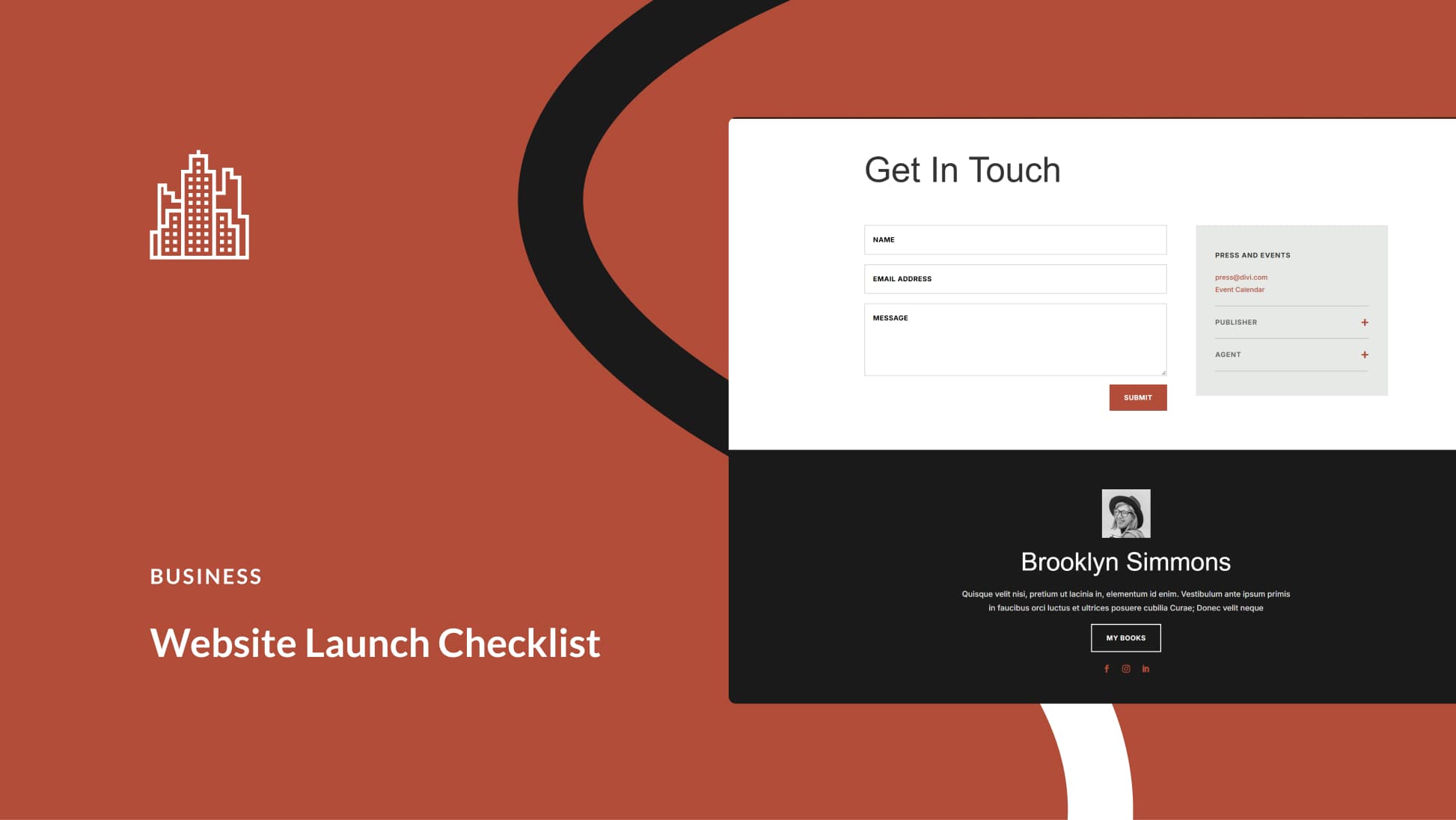As a resume writer, I know the all-too-common words that are just so tempting to use. Responsibilities include XYZ. Managed a team of etc. Self-motivated. Even “leadership,” a skill that just about every company wants to see, has become such a buzzword that it’s lost its power. And don’t even get me started on “thought leadership.” Please.
Sometimes these words or phrases are a given. You should be able to motivate yourself – you’re an adult with a job, after all. If your job title is “marketing manager,” you handle marketing. Therefore, you don’t need to repeat “marketing” in the description, unless you’re going to give it more detail (“social media marketing,” for example).
On a resume you have to use actionable language and powerful words. You also have to avoid the cliches that every other applicant uses. Recruiters and hiring managers have a lot of resumes to go through and they scan for what jumps out at them. As a result, if you’re the 30th applicant to describe yourself as a go-getter, that probably won’t mean anything to your (hopefully) future boss.
Actionable verbs get right to the point and give you the chance to say a lot with a little. “I’m a go-getter” isn’t nearly as convincing as, “Increased sales by 200% within one year through organic social media marketing.”
Don’t Use These Resume Words
In general, you want to steer clear of self-promotion that’s overt or obvious, and you should probably stay away from trendy business jargon, too. Likewise, don’t use the resume words every other person uses. Basically, you don’t want to cue an eye roll with your resume.
(P.S. Speaking of self-promotion, find out if it’s really as bad as you think.)
- Added value
- Bottom line
- Buy-in
- Core competency
- Corporate culture
- Detail-oriented
- Ecosystem
- Go-getter
- Go-to
- Hard worker
- Initiative
- Inspired
- People-person
- Proactive
- Results-driven
- Self-motivated
- Spearheaded
- Strategic thinker
- Streamlined
- Synergy
- Outside-the-box
- Oversee
- Team player
- Wheelhouse
When You Can Break This Rule
If the job description includes these words, you can absolutely use them in your resume, just try to create a compelling sentence around them. If the employer is using hiring software to sift through resumes and there’s a search specifically for the words used in the job description, you don’t want to go unnoticed because I said not to use “strategic thinker.”
Resume Power Words to Use
Starting a sentence with a strong, actionable word is ideal. Below are 100 great ones to try out. (I purposely left off obvious ones – for example, if your job was to negotiate, you know to say “negotiated.”)
- Achieved
- Administered
- Advanced
- Advised
- Assessed
- Assisted
- Attained
- Boosted
- Built
- Capitalized
- Captured
- Championed
- Clarified
- Coached
- Collaborated
- Communicated
- Constructed
- Consulted
- Conveyed
- Coordinated
- Created
- Cultivated
- Customized
- Decreased
- Delegated
- Delivered
- Demonstrated
- Deployed
- Designed
- Developed
- Directed
- Discovered
- Drove
- Earned
- Enabled
- Energized
- Enhanced
- Established
- Evaluated
- Exceeded
- Executed
- Expanded
- Expedited
- Explored
- Formed
- Fostered
- Founded
- Generated
- Grew
- Guided
- Headed
- Identified
- Illustrated
- Implemented
- Improved
- Incorporated
- Increased
- Influenced
- Informed
- Initiated
- Integrated
- Introduced
- Launched
- Managed
- Mapped
- Maximized
- Mentored
- Motivated
- Negotiated
- Orchestrated
- Organized
- Outperformed
- Overhauled
- Oversaw
- Planned
- Processed
- Produced
- Programmed
- Reached
- Redesigned
- Refocused
- Represented
- Resolved
- Restructured
- Reviewed
- Secured
- Sharpened
- Simplified
- Solved
- Sparked
- Strengthened
- Surpassed
- Targeted
- Trained
- Transformed
- United
- Updated
- Upgraded
- Volunteered
- Yielded
There’s a reason I didn’t include “responsible for” or “responsibilities include” in the list of powerful words. If you need to write this in your first draft to get a handle on what you’re going to include, that’s fine. When editing, though, go back and remove the “responsible” part. It’ll be easy to pick up the sentence from there. For example, you may be starting with, “Responsible for hiring and training a team of 15.” Maybe you’d replace it with, “Hire and train a team of 15 to…”
8 More Resume Writing Tips
1. Keep it grounded.
Make sure that you don’t get flighty in your resume. For example, if you use the word “explored,” you have to ground it somehow. “Explored options for the greatest Instagram Story ever” doesn’t actually say anything.
2. Edit the first few words.
If a sentence doesn’t feel strong enough, consider replacing the first word or two. For example, let’s say you have, “I ran a marketing campaign that resulted in 20% more conversions.” Maybe you could rewrite it as, “Grew Facebook ad conversion rate by 20% with video marketing.” As a result, that’s a better-sounding, impressive sentence, and switching the order forced me to add more detail.
3. Pay attention to the rest of the resume, too.
Resume power words aren’t going to create a stellar resume all by themselves. Consequently, you still have to think about how you’re writing the rest of your resume. Make sure you’re clear when describing your work history. Keep language relatively simple and avoid technical wording. Even if you think the recruiter or hiring manager probably understands what you’re talking about, complex sentences are going to slow down the resume skimming process.
4. Vary the wording.
Don’t repeat wording unless it will help create a more uniform resume. For example, if hiring was a component of your past three jobs, you could say “hired” each time to talk about it. Otherwise, mix up the wording. Also, avoid repeating powerful words used in the profile (the section formerly known as the objective) in the rest of the resume.
5. Learn from the employer.
Stuck for more resume power words to use? Take cues from the employer’s website. See how they talk about their team, customers and what they do.
6. Only include the most important info.
Above all, remember that you only have to list the experience that’s relevant to the job you’re applying for and/or the direction you want your career to go. This may help you diversify your resume and make it easier to choose which powerful words to use.
7. Be specific.
The more hard examples you can give, the better. Use numbers, statistics and specific examples to illustrate your abilities and track record.
8. Apply these tips to your cover letter.
Use the same approach when writing your cover letter – avoid cliche and trendy words, then add some resume power words and use specific examples.
Wrapping Up
It’ll be difficult to squeeze everything on one page, especially if you have a lot of work experience. When I write a resume for a client, formatting alone takes up a ton of time because every single word counts in terms of length. You have to thoughtfully select the most powerful words to use and ruthlessly cut the words that don’t convey anything interesting, unexpected or necessary.
Your resume is all about, you know…you. So, it seems like we should talk about you even more. Check out our blog post Embracing the Motto “You Do You” to Grow Your Business.









Good stuff!
Whether you enforced protocol or managed your department’s requests, describe what you really did, better, with above words.